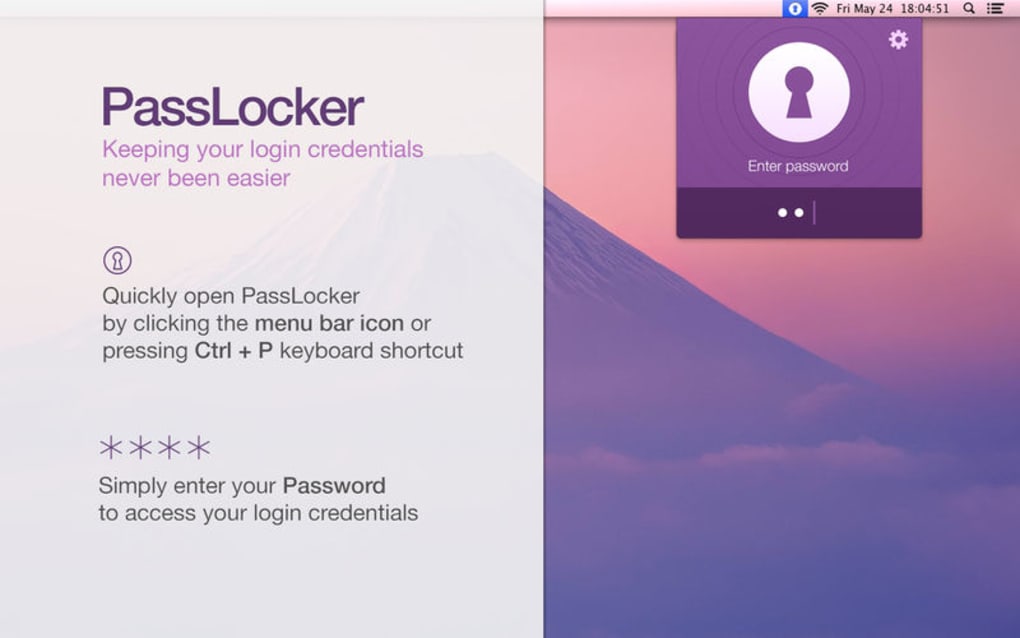


Increasingly, password managers support multi-factor authentication-using a second method such as a PIN, a fingerprint, or another “trusted device” for additional verification-to mitigate this risk. Two-factor authentication: To an enterprising cybercriminal, your password manager’s master password is as hackable as any other password.A password manager should let you do so without compromising your security. Secure sharing: Sometimes you need to share a password with a family member or coworker.

This is controversial, though, as browser autofill has long been a security concern, so the best managers will also let you toggle off this feature if you feel the risk outweighs the convenience. Thus, the master password is the only one you ever have to enter.
Free password manager for mac and pc upgrade#
The best password managers will also be able to analyze your existing passwords for weaknesses and upgrade them with a click. This is what makes password generation-the ability to create complex passwords out of letters, numbers, and special characters-an indispensable feature of any good password manager. Password generation: You’ve been reminded ad nauseam that the strongest passwords are long, random strings of characters, and that you should use a different one for each site you access.We narrowed it down to a few essential features that we looked for and you should too: Of course, most password managers do much more than this and many extend protection beyond your login credentials to other types of personal data. They store all your passwords in an encrypted database, often referred to as a “vault,” which you protect with a single master password. At their most basic, password managers capture your username and password-usually via a browser plugin-when you log in to a website, and then automatically fill in your credentials when you return to that site.


 0 kommentar(er)
0 kommentar(er)
